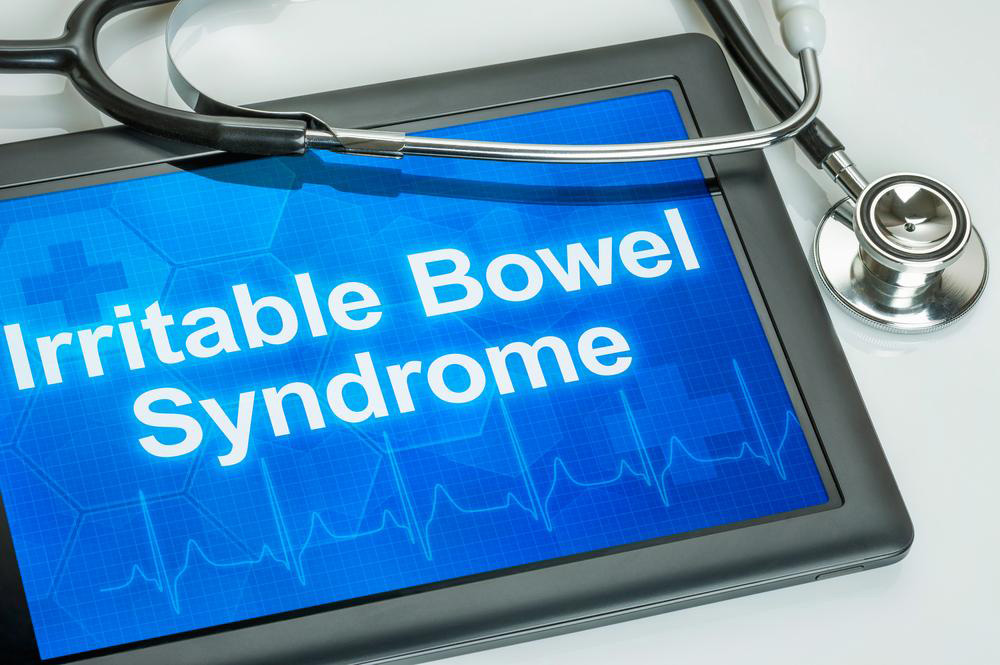Comprehensive Guide to Managing and Understanding Irritable Bowel Syndrome (IBS): Causes, Symptoms, and Practical Solutions
This comprehensive article explores the causes, symptoms, and management strategies for Irritable Bowel Syndrome (IBS). It emphasizes lifestyle modifications, dietary changes, and medical options to help sufferers reduce discomfort and improve their quality of life. Understanding IBS and adopting personalized approaches can significantly aid those affected by this common gastrointestinal disorder.

Comprehensive Guide to Managing and Understanding Irritable Bowel Syndrome (IBS): Causes, Symptoms, and Practical Solutions
Irritable Bowel Syndrome, commonly known as IBS, is a prevalent chronic condition that affects the gastrointestinal (GI) tract. It impacts millions of people around the world, particularly women, and is one of the most common functional disorders of the digestive system. Despite its widespread presence, many individuals remain unaware of the underlying causes and the most effective management strategies for IBS. This detailed guide aims to shed light on what IBS is, explore its potential causes, symptoms, and provide practical, evidence-based solutions to help those affected improve their quality of life.
Understanding IBS is crucial because although it is not a life-threatening disease or associated with increased risk of severe conditions such as cancer, it can significantly impair daily activities through persistent discomfort and unpredictable bowel habits. It is characterized by a combination of symptoms, including abdominal pain, bloating, gas, diarrhea, constipation, or alternating patterns between the two. These symptoms can be intermittent or persistent, often fluctuating in severity, which complicates diagnosis and management.
What Is Irritable Bowel Syndrome?
IBS is classified as a functional gastrointestinal disorder. This means that, unlike diseases caused by structural damage or inflammation, IBS is primarily related to problems with the functioning of the GI tract. Individuals with IBS experience abnormal motility (movement) of the intestines, heightened sensitivity to bowel stimuli, and sometimes altered gut bacteria—all these factors contribute to the symptomatology. Despite extensive research, the exact cause of IBS remains elusive, which complicates the development of a definitive cure.
Possible Causes and Factors Contributing to IBS
While no single cause has been definitively identified, several factors are believed to contribute to the onset and progression of IBS:
Altered Gut Motility: Abnormal contractions of the intestinal muscles can either speed up or slow down the transit of food, leading to diarrhea or constipation, respectively.
Visceral Hypersensitivity: An increased sensitivity to intestinal distension or pain signals means even normal amounts of gas or movement can cause discomfort.
Food Sensitivities: Certain foods can trigger IBS symptoms. Common culprits include dairy, spicy foods, caffeine, and high-FODMAP foods (fermentable oligosaccharides, disaccharides, monosaccharides, and polyols).
Psychological Factors: Stress, anxiety, depression, and other mental health issues can exacerbate IBS symptoms due to the gut-brain axis, the bidirectional communication pathway between the gastrointestinal system and the nervous system.
Gut Microbiota Imbalance: Abnormal bacterial composition in the gut may contribute to inflammation and increased symptom severity.
Symptoms of IBS
Symptoms of IBS can vary widely among individuals, but the most common include:
Abdominal pain or cramping, often alleviated after bowel movements
Persistent bloating and swelling in the abdomen
Excessive flatulence or gas
Diarrhea — frequent, loose stools
Constipation — infrequent, hard-to-pass stools
Alternating diarrhea and constipation in some cases
These symptoms tend to fluctuate over time, with periods of exacerbation and remission. Many patients also report feelings of fatigue, nausea, and a general sense of discomfort.
Diagnosing IBS
Since IBS symptoms overlap with many gastrointestinal conditions, diagnosis often involves a process of exclusion. Healthcare providers typically use a combination of patient history, physical examinations, and diagnostic tests such as blood work, stool tests, and colonoscopy to rule out other diseases like inflammatory bowel disease (IBD), infections, or celiac disease.
Management and Treatment Options
Although there is no cure for IBS as of now, multiple management strategies focus on alleviating symptoms and improving patients’ quality of life. A personalized plan often combines dietary modifications, lifestyle changes, and medication when necessary.
Dietary Changes
Low-FODMAP Diet: Reducing foods high in fermentable sugars that can cause gas and bloating; common sources include certain fruits, vegetables, dairy, and grains.
Avoid Gas-Producing Foods: Limiting intake of cabbage, broccoli, beans, carbonated drinks, and fried foods.
Increase Fiber Intake: Soluble fiber from oats, fruits, and vegetables can help regulate bowel movements, especially in cases of constipation.
Monitor Food Triggers: Keeping a food diary can help identify personal triggers and tailor dietary choices accordingly.
Lifestyle Modifications
Stress Management: Techniques such as yoga, meditation, cognitive-behavioral therapy (CBT), and deep-breathing exercises can reduce trigger factors related to stress and anxiety.
Regular Exercise: Physical activity can promote healthy gut motility and reduce stress levels.
Eating Habits: Smaller, more frequent meals avoid overwhelming the digestive system and reduce the likelihood of symptoms.
Medical Treatments
Medications: These include antispasmodics, anti-diarrheal agents, laxatives, and sometimes antidepressants for managing pain and mood symptoms.
Probiotics: Some studies suggest beneficial effects of specific probiotic strains in restoring gut microbiota balance, although results vary among individuals.
Psychological Therapy: Counseling or therapy can be effective, especially when psychological factors significantly contribute to symptoms.
When to See a Specialist
If symptoms persist despite lifestyle and dietary modifications, or if warning signs such as bleeding, weight loss, or severe pain occur, consulting a healthcare professional is vital. Gastroenterologists can conduct comprehensive assessments and provide targeted treatments tailored to individual needs.
Living with IBS: Tips for Better Quality of Life
Managing IBS is an ongoing process. Patients are encouraged to adopt a holistic approach, integrating dietary management, stress reduction, and regular medical follow-ups. Support groups and educational resources can offer additional reassurance and practical advice. By understanding their condition and working closely with healthcare providers, individuals can significantly reduce symptom flare-ups and enhance their overall well-being.
In conclusion, while IBS remains a complex and often frustrating condition, advancements in research and personalized treatment approaches are helping many people lead healthier, more comfortable lives. Staying informed, maintaining a balanced diet, managing stress effectively, and seeking medical advice when necessary are key steps toward effective IBS management.





